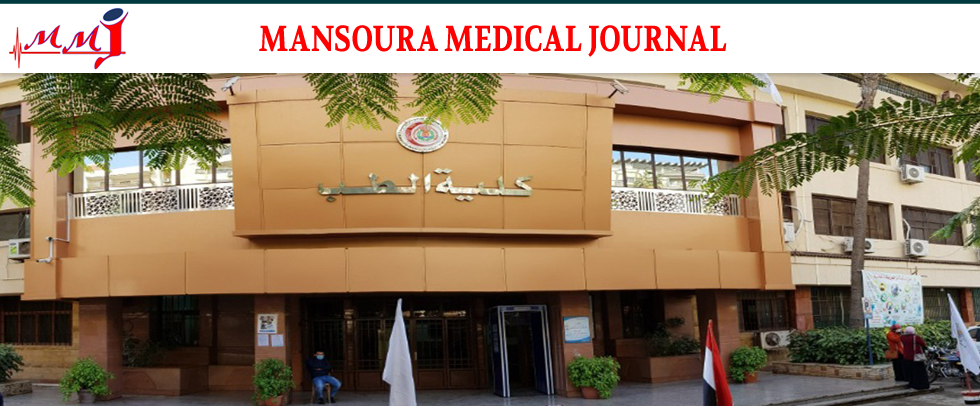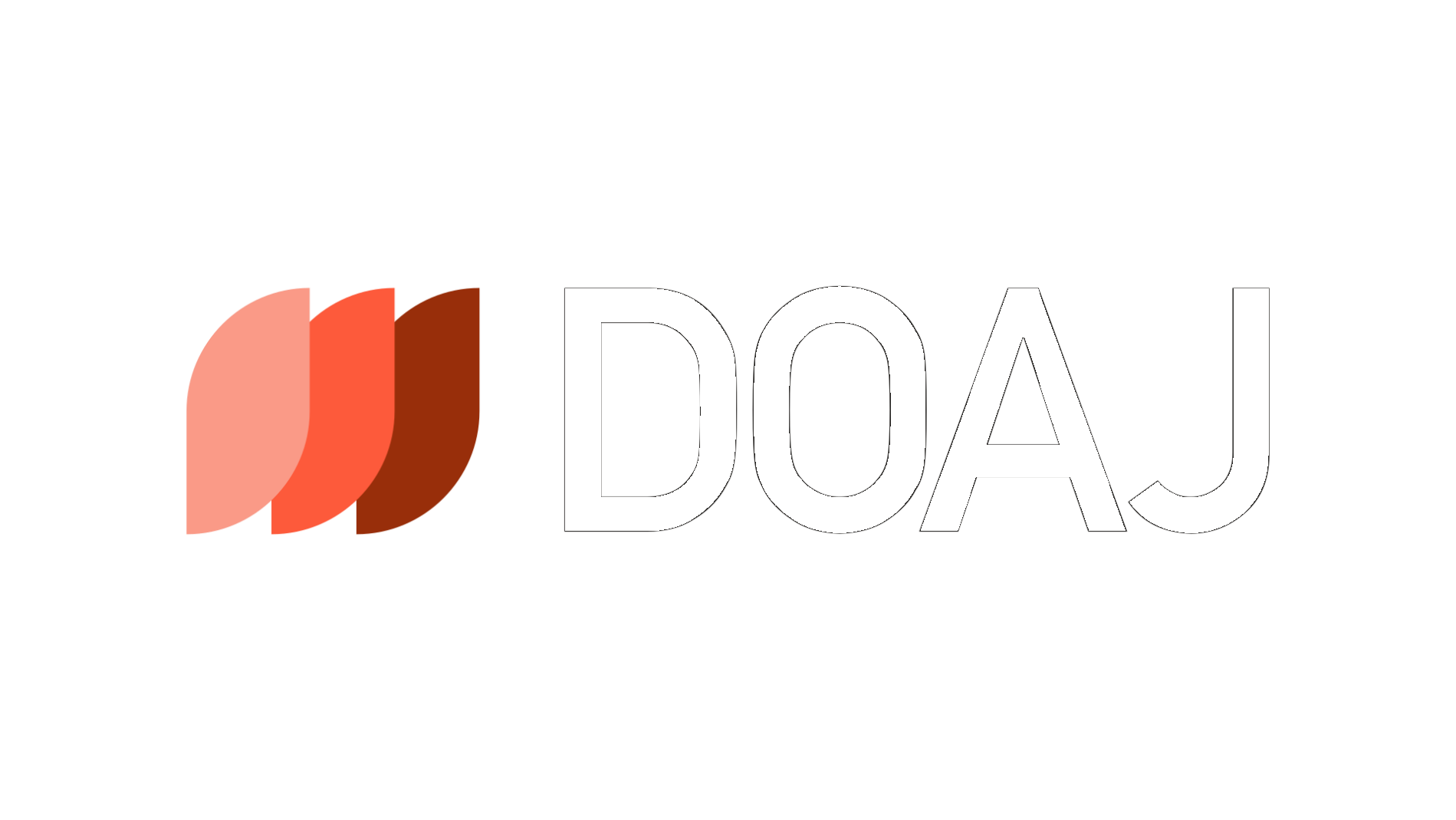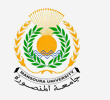Article Type
Article
Abstract
Otitis media {OM) has been implicated as a major pathogenic condition with regard to developmental language impairment. However, an often contradicting and controversial research literature exists on the issue. This work was undertaken to study the potential impact of early-life OM with its subsequent conductive hearing loss on oral language development and its components in young children in a quantitative approach for better understanding of the nature of the problem. 105 children with their ages ranged from 22 months to 68 months (mean = 41+/-1.4 months) were included in this study . All the children had bilateral chronic OM with the duration of chronicity ranged from 10 months to 36 months ( mean - 21.4 +/- 8.9 months ). All the children were evaluated through a diagnostic protocol utilizing subjective as well as quasi-objective measures of evaluations that included history taking , audiolog-ical testing and language assessment. Children with other risk factors that could adversely affect language development were excluded from the study . We found that the impact of duration of OM is more detrimental than the degree of hearing loss on the specific language components . The delay in semantic, pragmatic and pro-sodic ages were all found to be significantly correlated with the duration of OM. While, the degree of hearing loss was found to be significantly correlated only with the delay in prosodic age. However, on the other hand, the global measures i.e. the receptive, expressive and total language ages did not correlated significantly with both
Recommended Citation
Abou-Elsaad, Tamer S.; Zaghloul, Hesham S.; and Mokbil, Khalid
(2003)
"EFFECT Of EARLY-LIFE OTITIS MEDIA ON LANGUAGE SKILLS AND DEVELOPMENT,"
Mansoura Medical Journal: Vol. 32
:
Iss.
1
, Article 4.
Available at:
https://doi.org/10.21608/mjmu.2003.127203
Creative Commons License

This work is licensed under a Creative Commons Attribution 4.0 International License.



